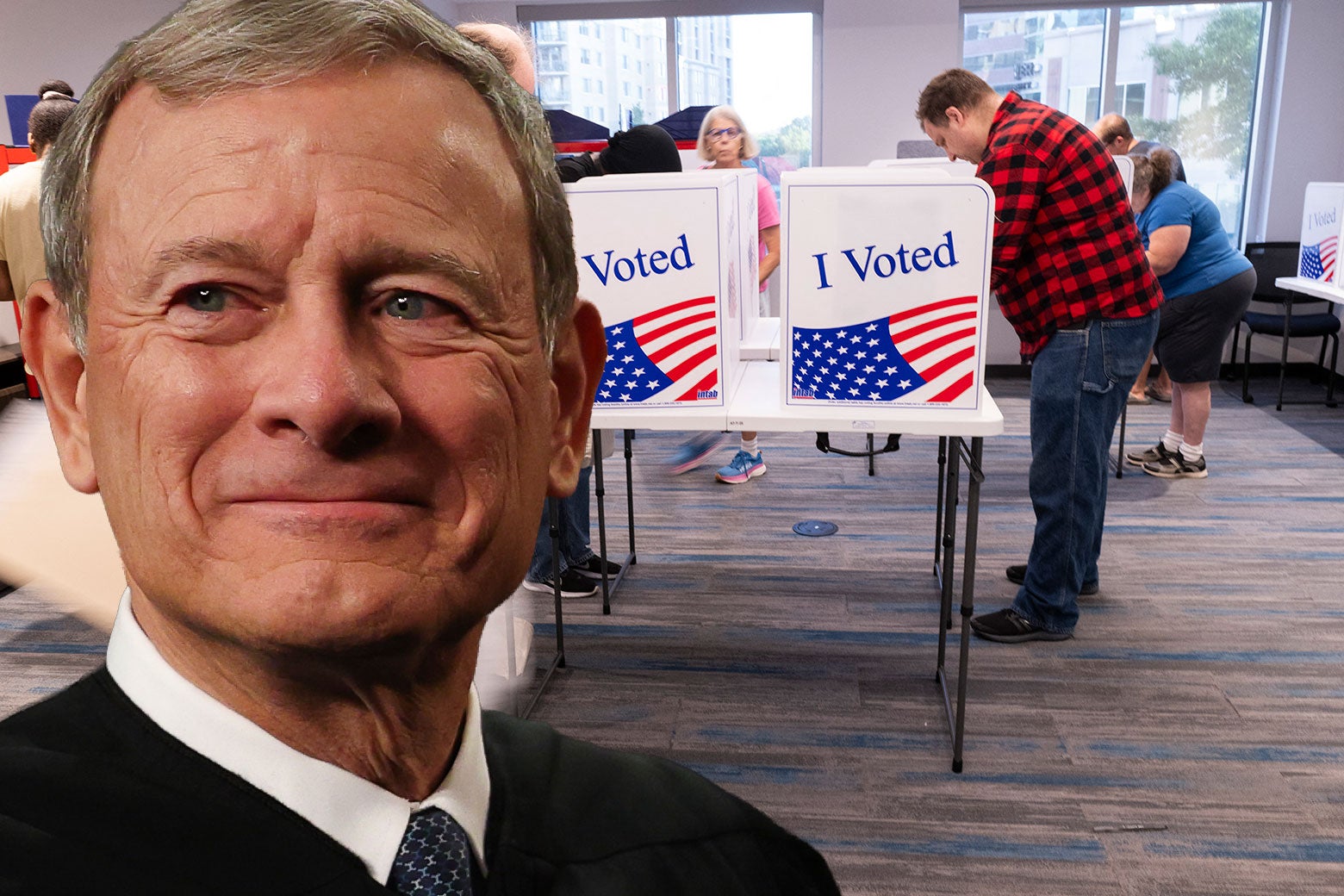
"The most consequential blow came in 2013, when the Supreme Court gutted the Voting Rights Act in Shelby County v. Holder, effectively ending preclearance, which required states and localities with histories of discrimination to seek federal approval before changing voting laws."
"Writing for the majority, Chief Justice John Roberts claimed the 'blight of racial discrimination in voting' had been largely cured, a conclusion many called dangerously premature."
"Now, with Section 5 preclearance gone, the court is moving closer to gutting another critical piece of the VRA, with two lines of attack in play."
"If the court endorses the view adopted by the 8th Circuit, only the Department of Justice will be able to bring cases under Section 2 of the VRA."
The Voting Rights Act, celebrated for 60 years, is facing significant challenges that threaten voter protections. The Supreme Court's 2013 decision in Shelby County v. Holder ended preclearance, which had required states with histories of discrimination to obtain federal approval for changes in voting laws. Critics argue this decision overlooks ongoing racial discrimination in voting. Currently, the court is pursuing avenues to further weaken the Act, particularly by narrowing private individuals' ability to challenge voting suppression, potentially limiting enforcement to the Department of Justice alone.
Read at Slate Magazine
Unable to calculate read time
Collection
[
|
...
]